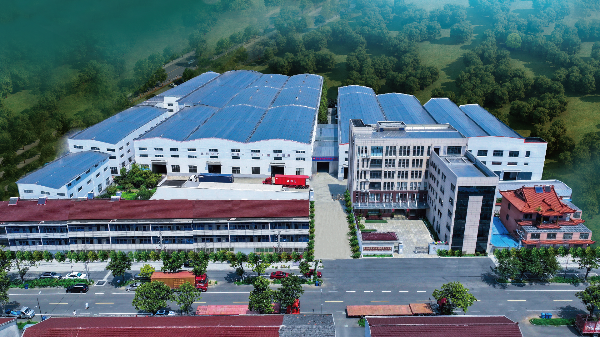Application Prospects in Small-Batch Production & Entrepreneurship
The mini film blowing machine is a game-changer for small businesses, startups, and individual entrepreneurs, addressing their core pain points of high investment and excess production capacity. Unlike large-scale film blowing equipment that requires significant upfront costs and occupies large factory spaces, mini models are affordable, compact, and easy to operate—no professional technical team is needed. This makes them ideal for producing small-batch plastic films, such as snack packaging for local bakeries, protective wraps for handmade crafts, or small-volume agricultural mulch films for family farms. For entrepreneurs with limited budgets, it lowers the entry barrier to the packaging supply chain, allowing them to quickly respond to local market demands and test product iterations without wasting materials.
Application Prospects in Niche & Specialized Industries
In the medical and healthcare sector, it can produce small batches of sterile packaging films for medical consumables (e.g., disposable syringes, wound dressings), avoiding the cross-contamination risks of large-scale production lines. The electronics industry also benefits, as it can manufacture thin, anti-static films for packaging tiny components (e.g., chips, resistors) without overproducing. Additionally, in the daily chemical field, it supports the production of small-size PE films for sample-sized cosmetics or travel-sized detergent packaging—meeting the growing demand for miniaturized consumer goods while reducing inventory pressure for brands.
Application Prospects in Education, R&D & Creative Fields
The mini film blowing machine has broad potential in education, scientific research, and creative production, beyond traditional industrial use. Vocational schools and universities offering packaging engineering, polymer materials, or chemical engineering programs can use it as a hands-on teaching tool, helping students understand the entire film-blowing process (from raw material melting to film formation) without relying on large industrial sites. In material science labs, it enables researchers to test new polymer formulas or additive effects by producing small batches of test films, saving time and reducing material waste. For creative creators, such as DIY packaging designers or independent candle/soap makers, it allows for the customization of unique, branded films—adding a personalized touch to products and enhancing market competitiveness.

